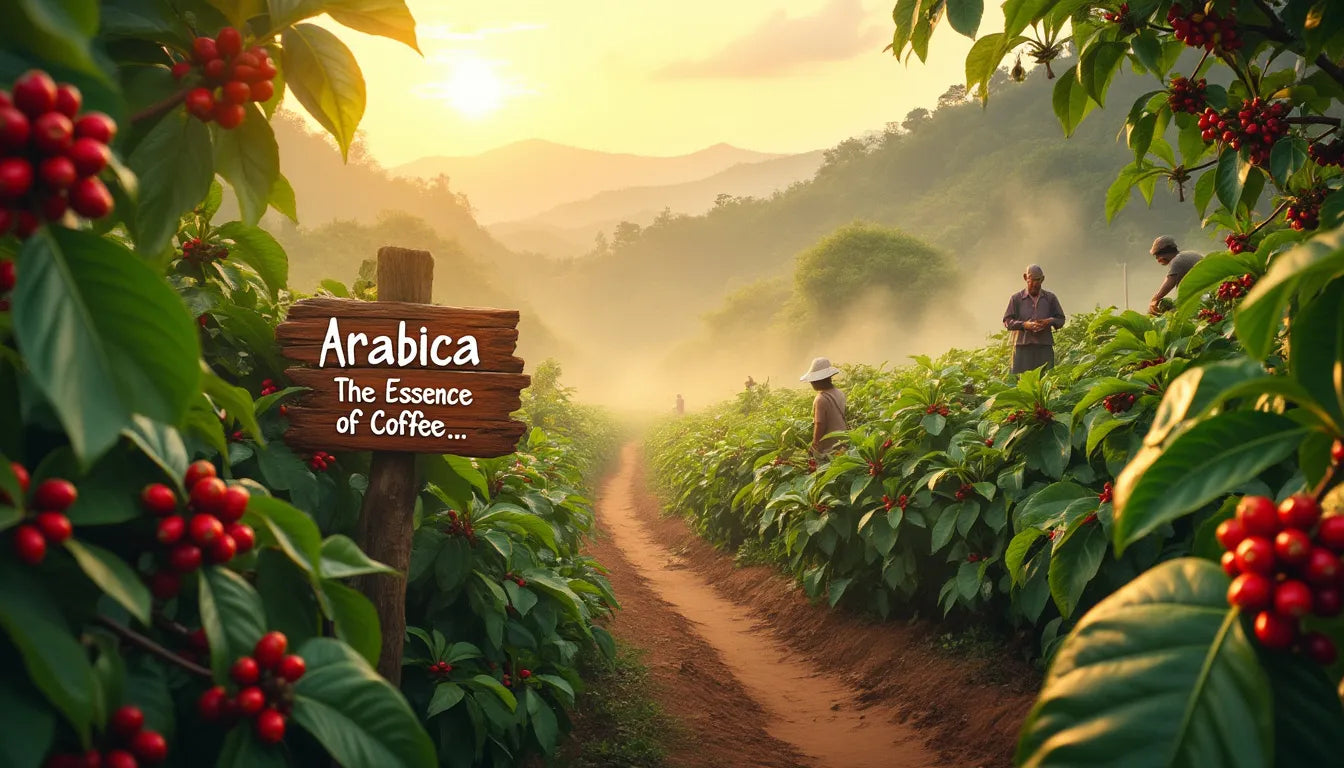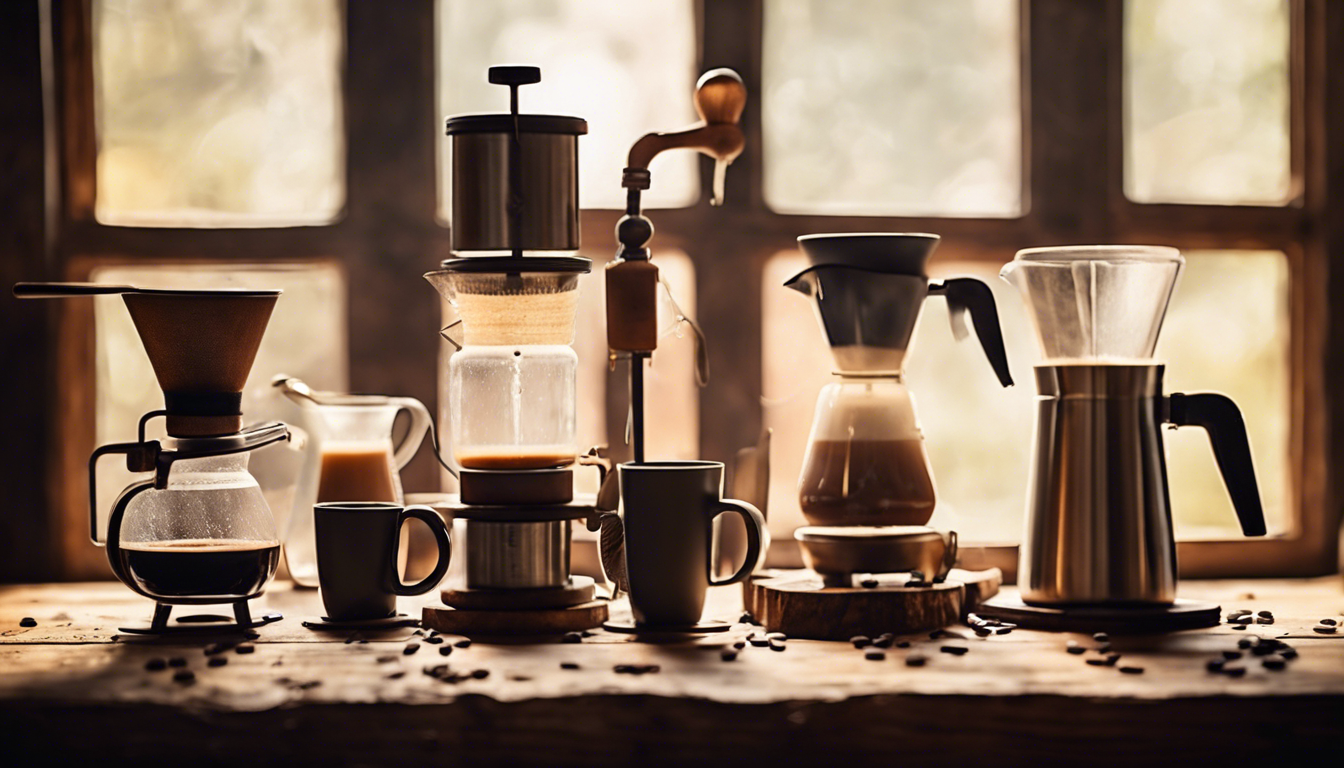Understanding Arabica: The Popular Coffee Bean Variety

Understanding Arabica: The Popular Coffee Bean Variety
If you are a coffee aficionado, you've likely encountered the term Arabica in your caffeine-driven adventures. But what is Arabica, and why does it dominate the world of coffee with such glory?
What is Arabica?
The term 'Arabica' pertains to Coffea Arabica, a species of coffee that has captured the palates and devotion of coffee lovers across the globe. Originating from the high-altitude regions of Ethiopia, Arabica coffee beans are now cultivated worldwide in places that offer suitable climates, predominantly in Latin America and Africa. Reputed for producing superior quality coffee, Arabica accounts for approximately 60-70% of the world's coffee production.
Characteristics that Set Arabica Apart
Arabica coffee is celebrated for its distinctive flavor profile. Known for being smoother and having a higher acidity compared to other coffee types, its taste can range from a soft, sweet mouthfeel with hints of fruit and sugar to a rich, complex profile infused with notes of chocolate and nuts. Arabica beans are generally oval-shaped with a marked center crease and are often recognized for their striking aroma.
The Science Behind the Flavor
Arabica's unique flavor comes from its genetic composition and the environmental factors where it's grown. Possessing 44 chromosomes, Arabica coffee beans have twice the chromosomes of Robusta, another popular species. This genetic diversity allows for a broader range of flavors and complexities in Arabica coffee. Additionally, the high altitudes at which Arabica is cultivated result in slower bean maturation, allowing for the development of a deeper, more intricate flavor profile.
Arabica’s Journey Around the World
Although it originated in Ethiopia, Arabica coffee found its way to the wider world through the Arabian Peninsula, hence its historical namesake. By the 7th century, it was being grown in Yemen, and by the 15th century, Arabica beans found themselves traveling along the spice trade routes to Turkey and Persia. European traders eventually got a taste, and the demand skyrocketed, leading to cultivation initiatives in the Caribbean, Central and South America.
Arabica vs. Other Coffee Types
Many coffee enthusiasts and experts often debate Arabica versus Robusta, the other major variety in the coffee market. Though Robusta has its merits, such as higher caffeine content and greater resistance to diseases, it is often considered inferior in terms of taste. Arabica triumphs due to its subtler, richer flavors, making it more desirable for high-end coffee products.
Challenges in Arabica Production
Producing Arabica coffee is not without its challenges. The plant is less hardy than Robusta, more prone to diseases such as coffee leaf rust, and sensitive to climatic changes. These factors make Arabica beans more expensive to cultivate. Despite these challenges, the demand for Arabica remains unwavering due to its superior quality and flavor.
Conclusion
Whether you're enjoying a cup of elegantly brewed drip coffee or an expertly crafted espresso, there is a good chance that Arabica beans are responsible for that delightful experience. The next time you savor your coffee, you can appreciate the elegant complexity of the Arabica beans in your cup, from their origins in ancient Ethiopian highlands to their transformative journey across cultures and continents.
So, what is Arabica? It is more than just a coffee bean variety; it's a symbol of the rich history, diverse culture, and nuanced flavors that coffee embodies. Whether you consider yourself a coffee connoisseur or just someone who can barely muster a morning without a cup, Arabica's allure is hard to resist.
Ready to take your coffee experience to the next level? Don’t settle for anything less than perfect espresso, no matter where you are. Click here to grab your portable espresso machine today and enjoy barista-quality coffee on the go!



